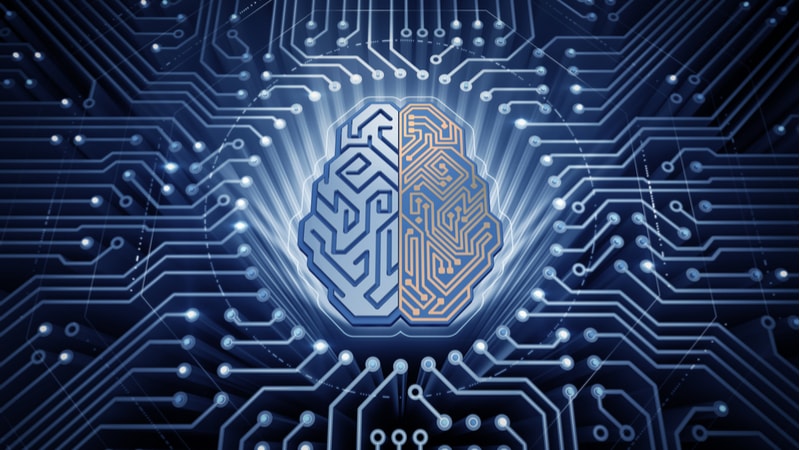
Jonathan Dowling, co-director of the Hearne Institute for Theoretical Physics at Louisiana State University, said today at the National Defense Industrial Association’s Army Science and Technology Symposium that conservative estimates put the world’s first universal quantum computer at about a decade away from becoming a reality.
When it arrives, Dowling suggested that everything else before it, including classical computers and their soon-to-be primitive encryption methods, will essentially go out the window.
“Within ten years, we will have a computer that no classical computer, all the classical computers on earth, or in the universe, can simulate what it is doing,” Dowling said.
If you’re new to the quantum hype train, a quick refresher. Traditional computer bits exist in a state of either 1 or 0, forming your standard binary code. Quantum bits–or qubits–harness the laws of quantum physics to exist in a “superposition” that can be 1 and 0 simultaneously. This opens the door to massive potential processing speeds, as qubits are capable of performing far more calculations than traditional bits.
While the quantum computing theory dates back to 1982, and multiple companies–including IBM and Google–have now created machines containing multiple qubits on a processor chip, there is yet no universal quantum computer–one that can perform any and all standard computing tasks. Missing too are the algorithms and eventual software to take advantage of all that processing potential.
Give it a decade, according to the big tech players that are actively working in the space, and that might change.
“I was at a meeting in Munich in July, and a lady from Intel said it’s a conservative estimate of ten years,” Dowling said, later adding that the opinion is shared by Microsoft and Google.
But as private industry, the Army, and Chinese adversaries scramble to create a universal quantum computer, the implications for traditional computers and the internet are becoming more clear. Our sense of security, and the encryption that protects the world’s most sensitive data, may soon be broken.
“Once we have a universal quantum computer, all our RSA encryption codes that protect the internet are vulnerable to attack,” he said. Once quantum computing hits its stride, the expectation is that it will be able to break even the most advanced cryptography in existence.
“This would seriously compromise the confidentiality and integrity of digital communications on the internet and elsewhere,” said the National Institute of Standards and Technology. The agency’s reaction? Setting to work on post-quantum cryptography, which has the potential to–finally, maybe, perhaps–provide near-perfect security.
Turning the entire concept of encryption on its head has implications we can’t fully grasp. The Army, DoD, Congress, and the White House are taking notice. Everyone is racing towards this precipice, with no real idea of what happens when we reach the edge.
